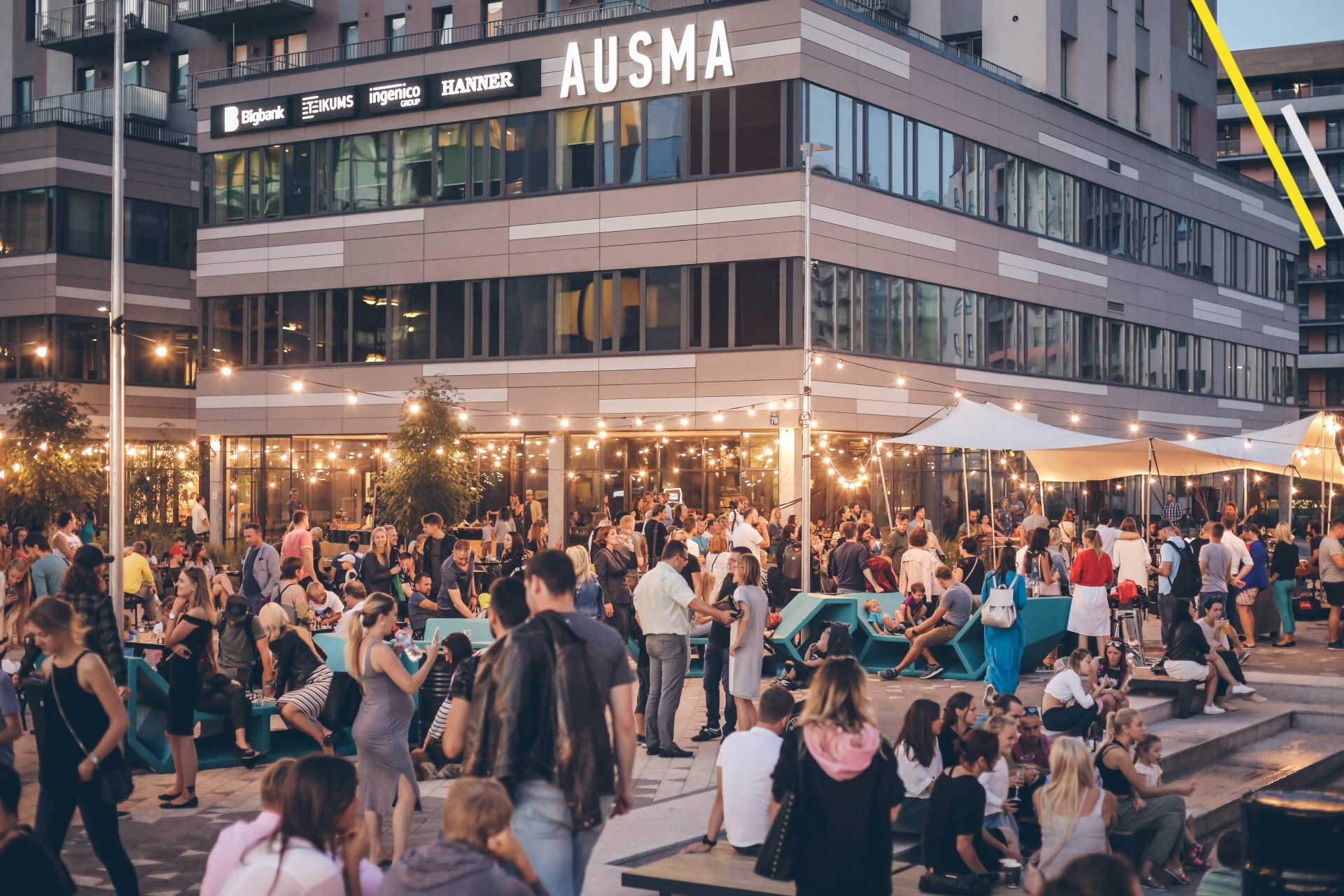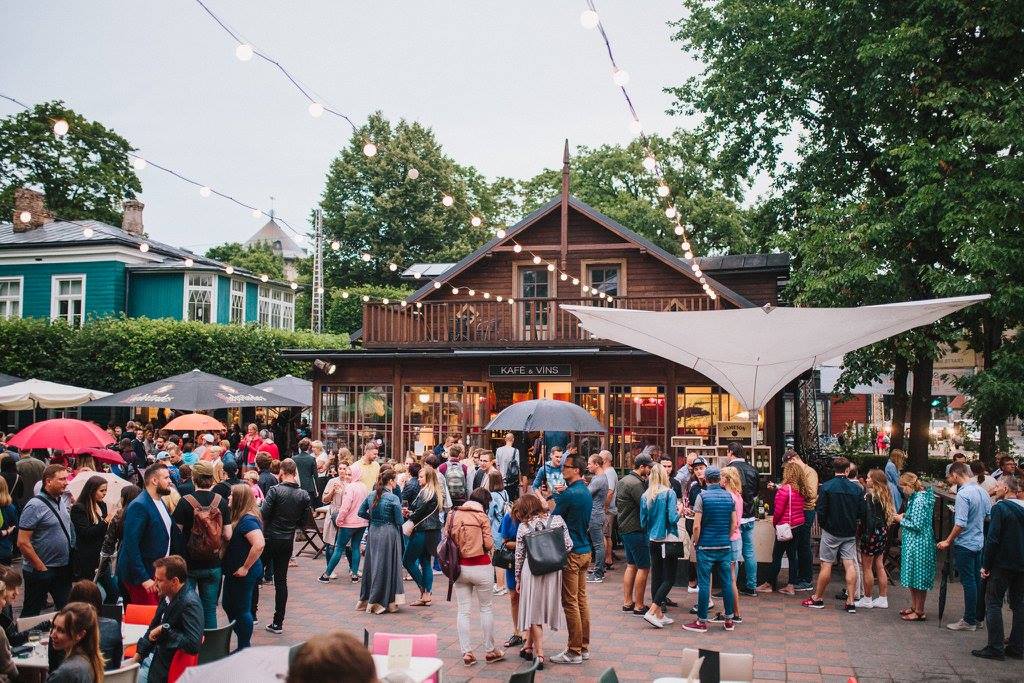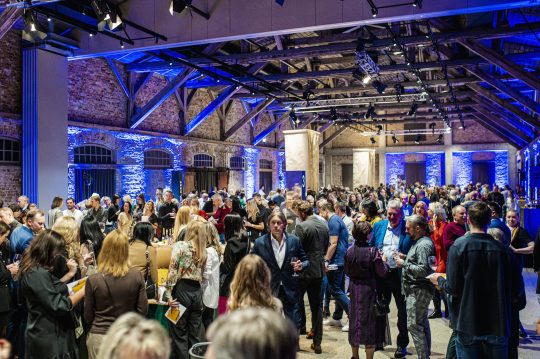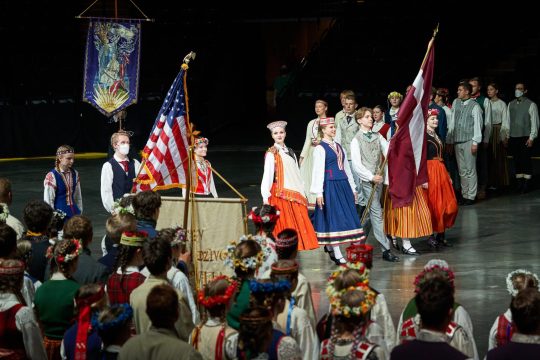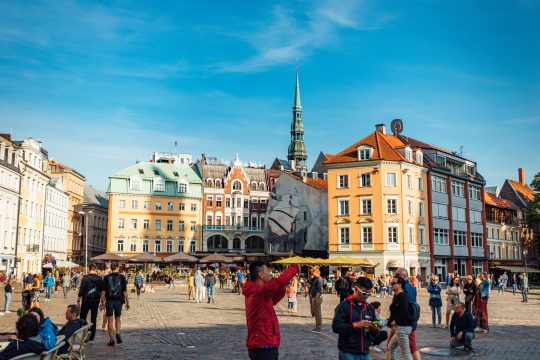Life in Riga
The most cosmopolitan of the Baltic capitals, Riga is a modern city that offers all the amenities and opportunities typical of a European metropolis, alongside a unique and enchanting taste of life you won’t find anywhere else.
Constantly abuzz, the city center’s always full of people as nearly everything within walking distance. For the things that aren’t, there’s a sprawling and punctual public transport system, as well as cycle paths throughout the city and beyond for those who prefer to pedal.




